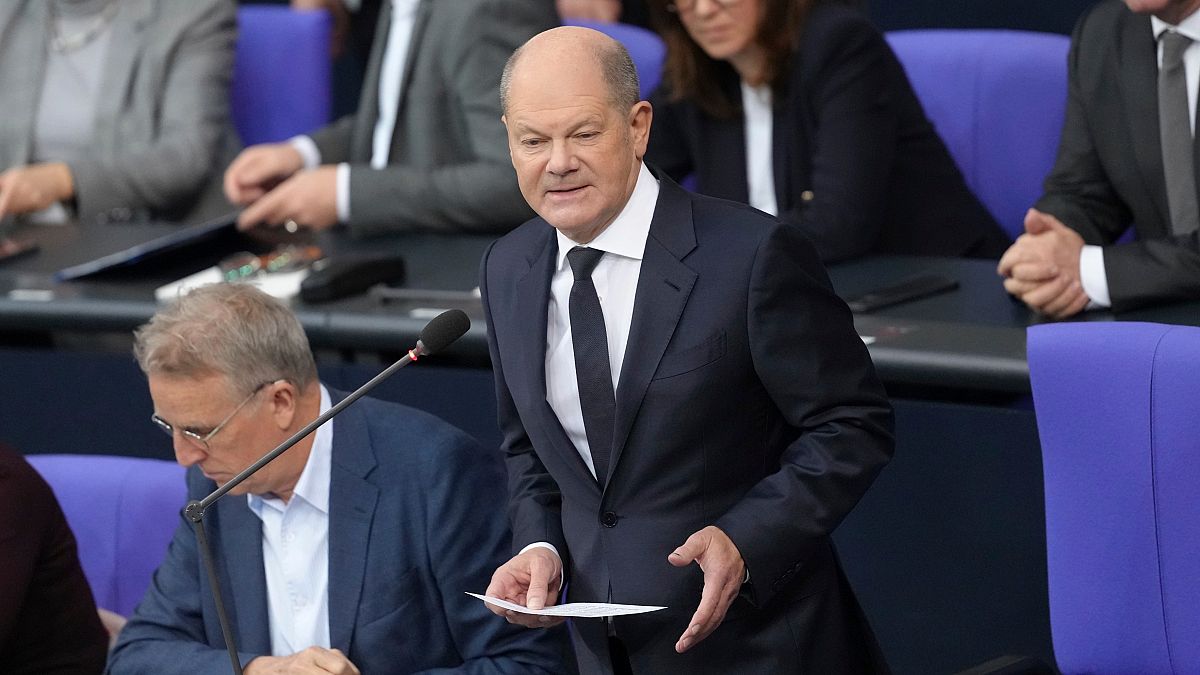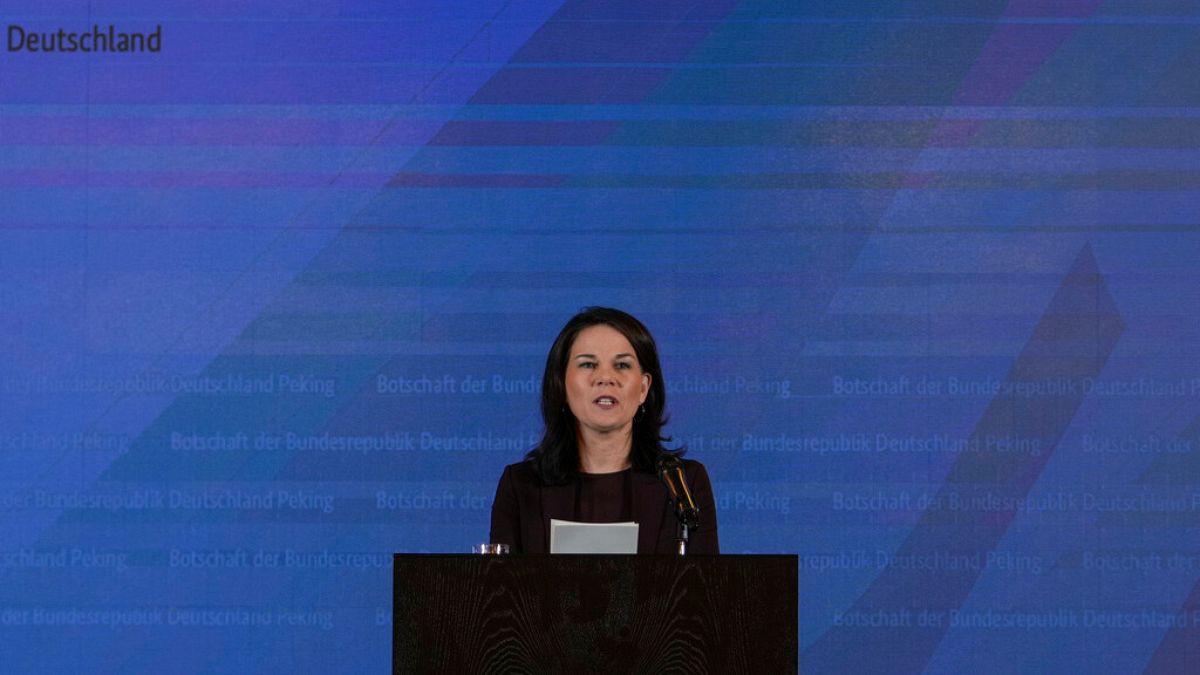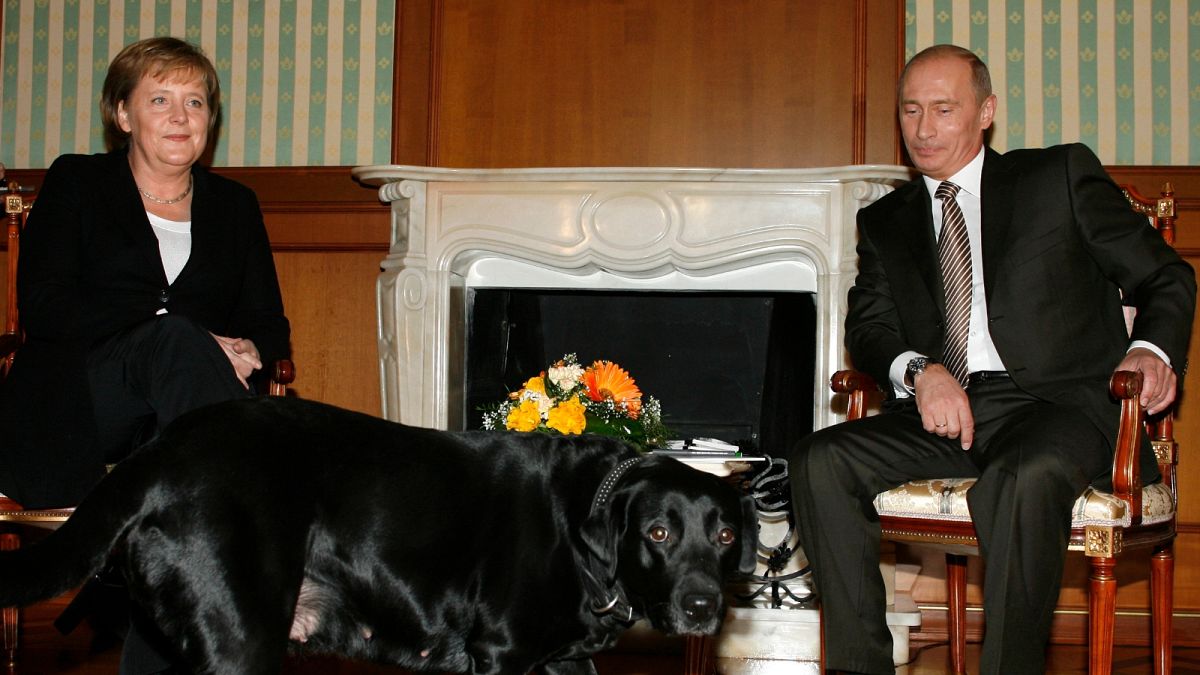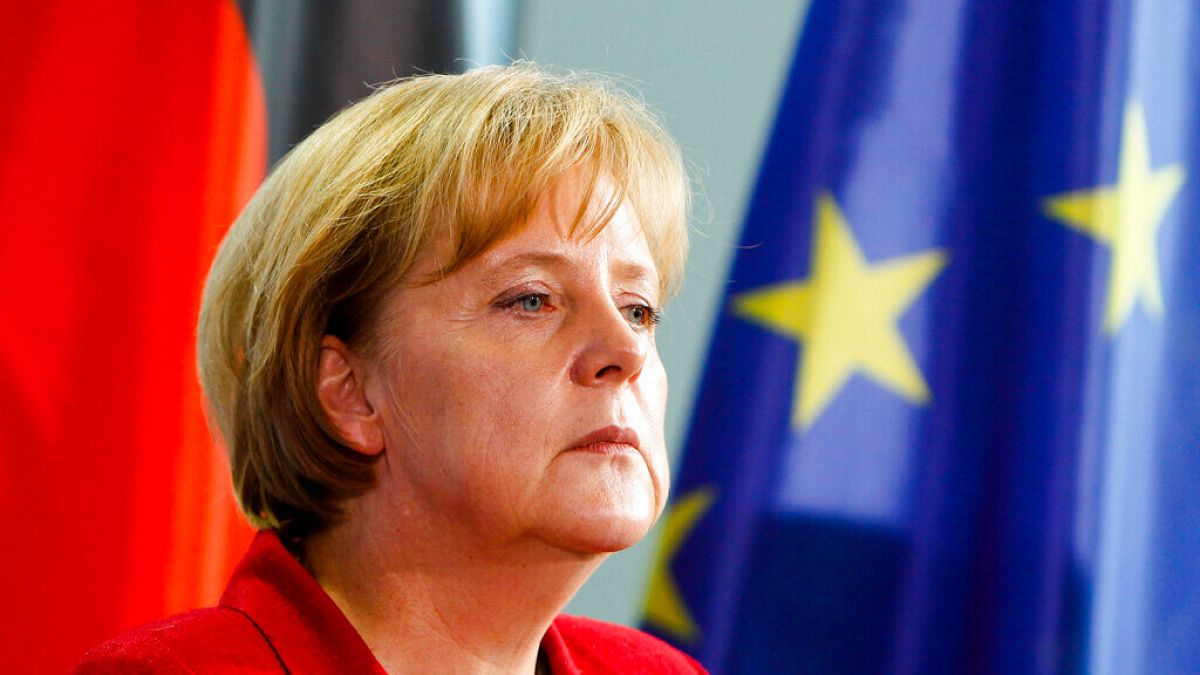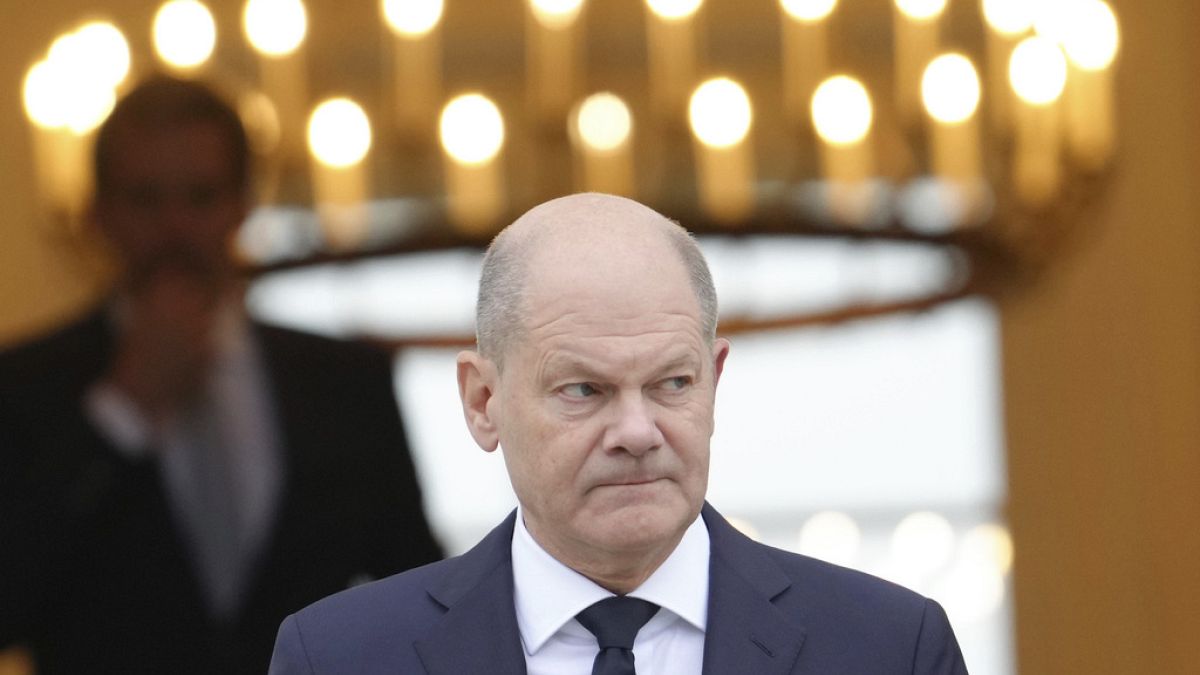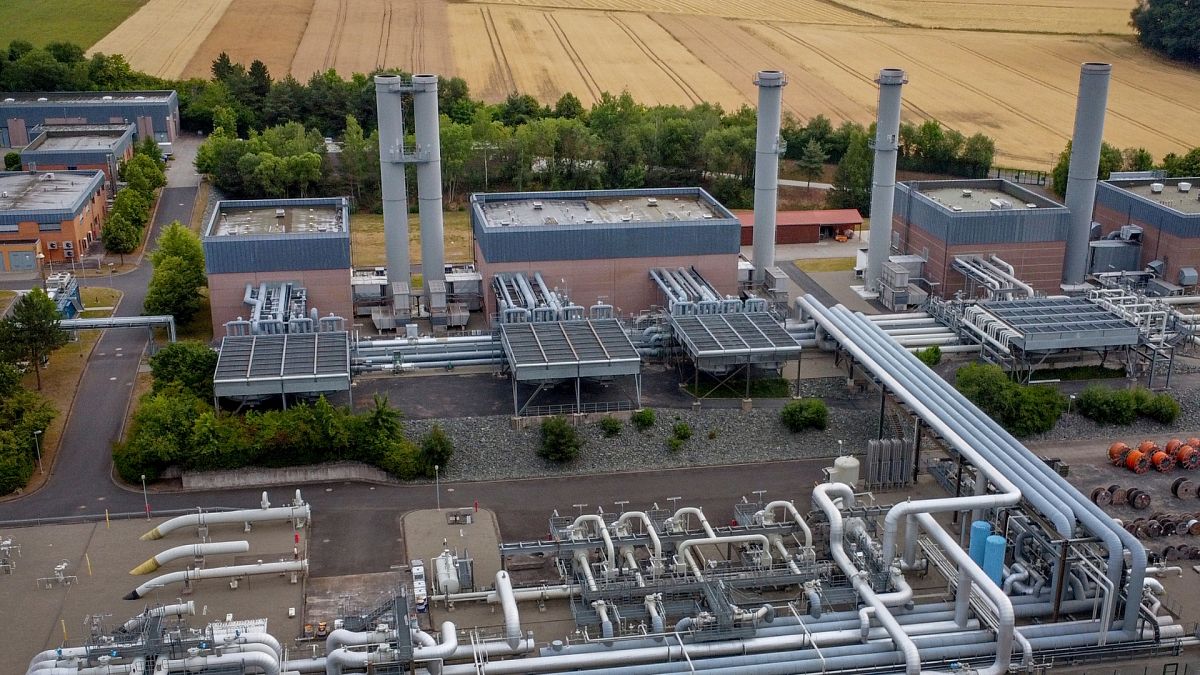Germany’s stock market records new high despite economic weakness

The DAX hit a new high for the second straight trading day on Monday. Strong performances in the technology, financial, and industrial sectors have fuelled the rally, despite broader economic weakness.
Germany’s benchmark, the DAX, reached an all-time high for the second straight trading session, rising 1.57% and nearing the 20,000 mark.
Despite the recent negative economic readings and political instability, the German stock market maintained its bullish momentum, up 19% year to date, making it the best performer in the European markets.
This remarkable performance comes despite negative economic indicators and ongoing political uncertainty. The DAX has risen 19% year to date, making it the strongest performer among European stock markets.
In contrast, broader European equities continue to underperform their global peers, with the Pan-European STOXX index up 7% and France’s CAC 40 posting negative growth for the year. Meanwhile, the S&P 500 has surged 27%, and China’s A50 has gained 15%.
Bullish Factors Behind the Rally
The DAX’s impressive rally can be attributed to two primary factors: global market trends and the exceptional performance of specific sectors, including technology, financials, and industrials.
Globally, the DAX often mirrors Wall Street’s movements, benefiting from broader bullish trends. The technology sector, in particular, has been buoyed by the artificial intelligence (AI) boom.
SAP, Germany’s largest technology firm, has seen its shares soar 65% year to date, making it one of the DAX’s top performers.
SAP has become Europe’s largest tech company and the second-largest European firm overall, surpassing Dutch chip equipment maker ASML in market valuation. In October, SAP reported robust third-quarter results and raised its full-year outlook, driven by its strategic focus on AI. The company now holds a market capitalisation of €278.63bn, accounting for approximately 15% of the DAX.
Other standout performers include Siemens Energy and Rheinmetall AG, with share prices up 328% and 117%, respectively, this year.
The financial sector has also contributed to the DAX’s gains, with Deutsche Bank shares rising 26% year to date, as banks continue to benefit from higher interest rates. Additionally, the defence and industrial sectors have prospered amid increased defence spending in both the EU and the US.
Conversely, Germany’s car-making sector has faced significant headwinds. Soaring inflation, intensifying competition from Chinese manufacturers, weak global demand, and high energy transition costs have taken a toll.
Key car makers have issued profit warnings, with Volkswage’’s shares plummeting 28%, Porsche AG declining 26%, and Mercedes-Benz Group falling 15% this year.
Domestically, the relatively loose monetary policy of the European Central Bank (ECB) has created a favourable investment environment for Europe’s largest economy.
Despite its hawkish rhetoric, the ECB’s policy rate remains lower than those of other major central banks. The bank’s emergency liquidity assistance has also supported European financial markets by providing banks with abundant liquidity.
Additionally, recent political turmoil in France has bolstered expectations for the ECB to deliver a substantial 50 basis-point rate cut in December. Investors may have shifted from French markets to German stocks, seeking a safer haven amid concerns over France’s political instability.
Persistent Economic Challenges
While the German stock market has surged, the nation’s economy continues to struggle. Manufacturing activity has remained in contraction for the past two years.
The Ifo Business Climate Index declined for the fifth consecutive month in November, reflecting concerns over potential US tariffs under Trump’s presidency. Additionally, the services Purchasing Managers’ Index (PMI) fell into contraction territory in November for the first time in nine months.
Germany’s gross domestic product (GDP) grew by just 0.1% in the third quarter, following a downward revision from 0.2%, after a 0.3% contraction in the second quarter. Economists warn that the country could slip back into recession.
Adding to these economic woes is Germany’s political instability. The ruling coalition faces the risk of collapse, with a snap election scheduled for February, potentially undermining the nation’s appeal to investors.
Source: Euro News


